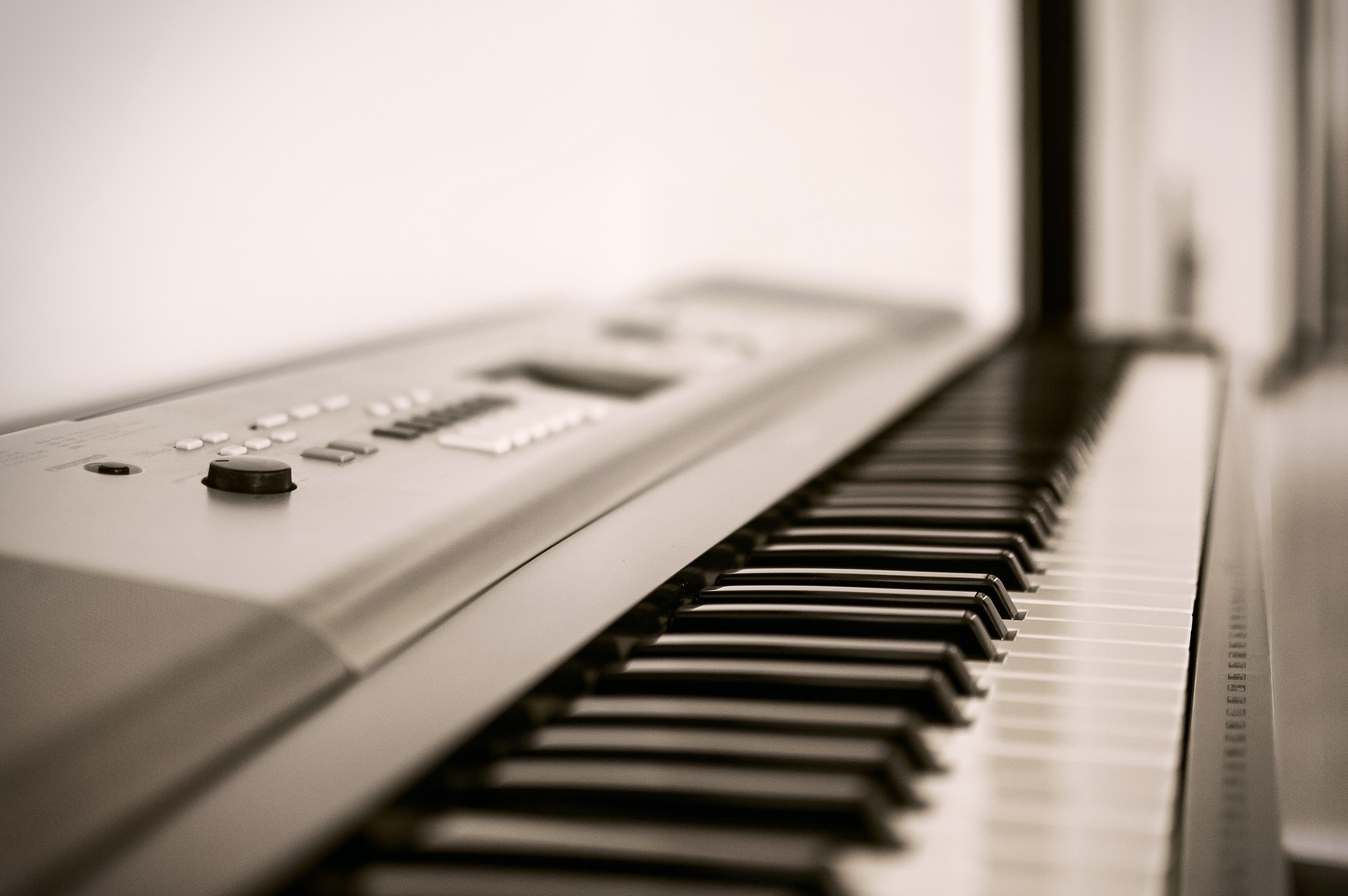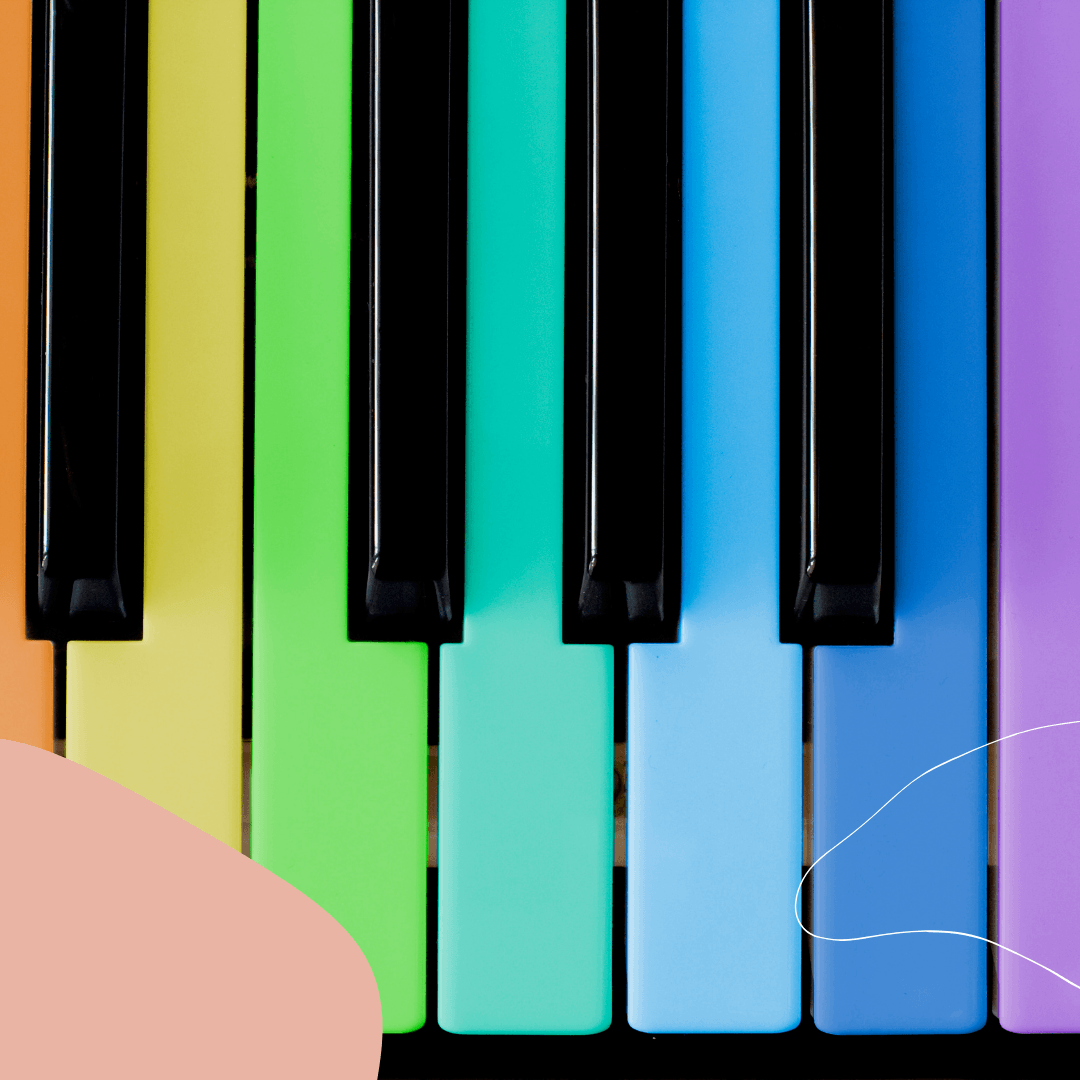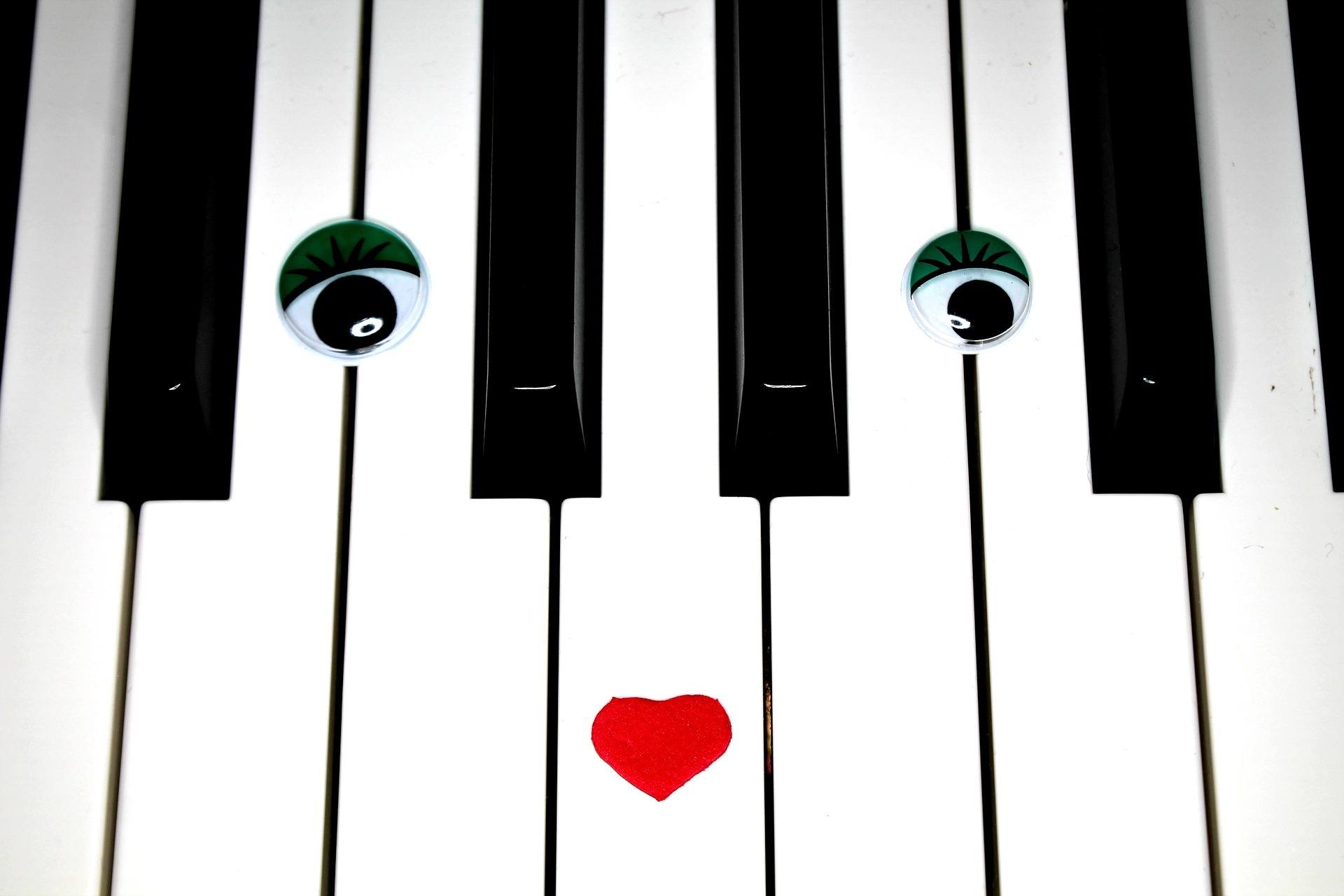Get it Right More Often, with Pain and Frusturation?
Growing up, I would get less than the best grade on something becuase…I didn’t follow some detail in the directions.
I would write sloppily, my backpack would overflow with papers, messiness could have been my middle name. “Getting organized” “following directions” “loading the dishwasher correctly” etc. was a long, multi-decade process of facing my limitations, being disciplined, holding tightly to the instructions and details, bracing myself for feedback and criticisms from others.
Eventually, when I had the agency, I got to embrace the reality that I’m just a somewhat messy person. I actually saw that this messiness was a part of my patience, playfulness, and ease in teaching. Why creativity came easily to me. Why the creative part of music…just showed up for me.
I have a continuing balancing act going on: keeping a level of order in what I do, without trying to become like my friend Janice, who seems to effortlessly keep the details clear.
Music taught me what it meant to find a way to enjoy tracking the details, without getting overly uptight, controlling and judgemental of yourself or those you play music with.
Music taught me this in many ways, but one way that I consistently under-estimated was…drum-roll…imagination.
Wait what? Isn’t imagination for the messy-woo-woo people of vague-ville? How on earth can imagination help you attend to details? Learn with accuracy? Take more accurate actions?
Oh yes, the subtle eye roll. I see this sometimes in lessons and feel this little smile inside. I’ve been there.
I had this eye roll many times, hearing the study of the basketball players…who practiced exclusively in their mind and ended up performing as well as, or better, than the players who practiced in real life…
Or the prompts from my various teachers in the past, from multiple fields (music, movement, etc) who encouraged me to simply imagine doing something if I couldn’t actually do it, as a way to practice.
Or Einstein’s famous quote: “Imagination is more important than knowledge.”
I didn’t really think simply imagining something would help me get it right.
I didn’t involve imagination in my teaching for quite a long time. It felt like a waste of time, of time that could be, or should be, spent on doing the actual thing you’re wanting to do.
It wasn’t until many years into the process of trying to develop my musical abilities that it started to dawn on me…imagination actually helps me face reality, to see reality more clearly. And…just like if you can’t see the dart-board through blurry eyes, seeing reality (or especially hearing and feeling reality in the case of music) more clearly makes it more likely that you’ll make less errors in the process of going towards what you want.
Now don’t get me wrong: I’m all about making mistakes. Particularly the ones that help you discover what’s possible in your song, your voice, your hands…you.
So how does imagination help you see more clearly, which helps you take actions that are more likely to move you towards what you want?
Imagine you are going to memorize a portrait. You obviously would need to look at the portrait. When you look at the portrait, you will miss details. Many, many details. How do you know which details you are actually noticing…and which ones you are not noticing? In other words, how do you notice what you aren’t noticing?
One way: close your eyes…and imagine one part of that portrait…maybe if it's a lady wearing shoes…what kind of shoes are they? What texture? Color?
Then open your eyes. You’ll be astounded to see how much you assumed, how much you knew-you-didn’t-know and how much you really noticed.
Now if you wanted to paint the portrait from memory, those shoes might become the most accurate depiction compared to everything else.
When students are taking lessons with me, they experience the ways in which they really aren’t hearing, listening, or feeling. Not because I point that out to them (the classic and tragic approach of typical teaching) as for me to do that, I would have to make a lot of assumptions about their perception. Only you are seeing/hearing/feeling what you’re seeing/hearing/feeling. Only you have access to your perception of reality.
Instead, we have you do, imagine, do again. Or hear, imagine what you heard, hear again. When you do, imagine doing, then do again, you start to feel what you weren’t feeling, hear what you really weren’t hearing.
Rather than me telling you every time you get it right, or wrong, which is a clunky way to help you play it and/or sing it right, you discover it through being guided through your experience and your imagination.
2 things happen when we learn in this way. 1. You hear the same song like you’ve never heard it before. You see old things…and realize they are new again. 2. You get it right more often.
My lack of willingness to go into my imagination, meant that my accuracy in, well, everything, was less. As I embraced the power of my imagination, I found a way to begin to attend to details and get it right without having to use a tremendous amount of tightness and judgemental-ness…which sours the fun of learning.
Instead, details just start to show up for me, the more time I take to listen, feel, imagine, and listen and feel again.
It's this way of learning music that is the fun practice-ground that help you get things right more often, with less of the pain and frustration of trying to get it right and more of the through the fun, the wonder of your imagination.
Let’s play and imagine playing! How about…Saturday Feb 17th? Cool. 8 spots open. For now. Sign up below 🙂
What Attendees Have to Say About the Adult Beginner Piano Class
"I felt like I was in the right environment to begin learning."
"Knowing this specific class with you was for adults on my level was a big relief and helped me have more courage to finally take my first piano class! It was fun, I liked that it was informative but not very strict/serious, with lots of time for playing around and experimenting so learning piano doesn't lose creativity in the process. Just seeing the other students having fun and being beginners like me helped me relax as I felt like I was in the right environment to begin learning."



